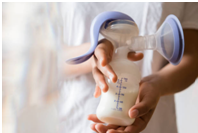Dr.A.Deepak Thirunavukkarasu MBBS, DDVL, Fellow in Medical Cosmetology
Certified Best Dermatologist in Chennai
Call Us
+91 7200148548
Email Us
cutikidz2022@gmail.com
Book Your appointment
Certified Pediatric Dermatologist
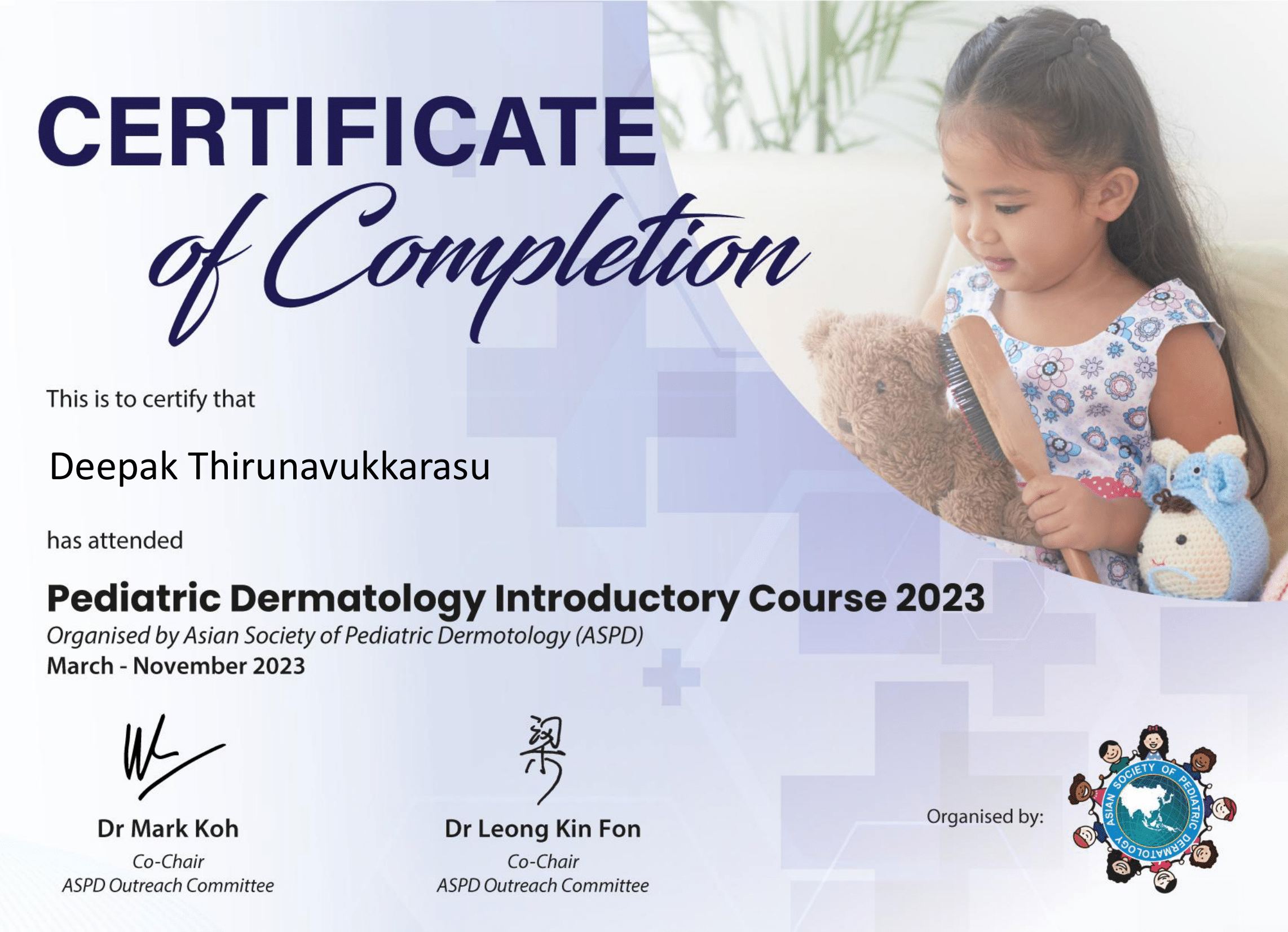
Our Skin Treatments
- Long wave ultraviolet radiation (UVA)
- Photochemotherapy (PUVA)
- Retinoid gel or pills
- Cyclosporine
- Biological therapies
- Physical Examination
- Microscopy
- Fungal Culture
- Polymerase Chain Reaction (PCR)
- Evaluation and Assement of Child with severe acute Malnutrition
- Wood’s Lamp Examination
- Topical Applications for Itch Relief & Clearing Up Skin Lesions from the Surface
- Oral Medications and Immune-Modulating drugs
- Sun light and UV Therapies
- Psoriasis Wellness Regime
- Oral Medication
- PRP Therapy For Hair Fall
- Micro-Needle Therapy Or Derma Roller Therapy For Hair Fall
- Growth Factor Concentrate Therapy For Hair Fall
- Mesotherapy For Hair Fall
- Hair Transplantation Or Follicular Unit Transplant (FUT)
- Hair Care Regimen As Per Your Hair & Scalp Type
- Oral Medication
- PRP Therapy For Hair Fall
- Micro-Needle Therapy Or Derma Roller Therapy For Hair Fall
- Growth Factor Concentrate Therapy For Hair Fall
- Mesotherapy For Hair Fall
- Hair Transplantation Or Follicular Unit Transplant (FUT)
- Hair Care Regimen As Per Your Hair & Scalp Type
- Long wave ultraviolet radiation (UVA)
- Photochemotherapy (PUVA)
- Retinoid gel or pills
- Cyclosporine
- Biological therapies
- Physical Examination
- Microscopy
- Fungal Culture
- Polymerase Chain Reaction (PCR)
- Evaluation and Assement of Child with severe acute Malnutrition
- Wood’s Lamp Examination
- Topical Applications for Itch Relief & Clearing Up Skin Lesions from the Surface
- Oral Medications and Immune-Modulating drugs
- Sun light and UV Therapies
- Psoriasis Wellness Regime
- Oral Medication
- PRP Therapy For Hair Fall
- Micro-Needle Therapy Or Derma Roller Therapy For Hair Fall
- Growth Factor Concentrate Therapy For Hair Fall
- Mesotherapy For Hair Fall
- Hair Transplantation Or Follicular Unit Transplant (FUT)
- Hair Care Regimen As Per Your Hair & Scalp Type
Causes of Skin/Hair and Nail Problems
Skin, hair, and nail problems can be caused by a variety of factors such as genetics, environmental factors, and lifestyle choices. Some common problems include:
- Skin problems: Acne, eczema, psoriasis, rosacea, skin cancer, hives, rashes, warts, and fungal infections are some common skin problems.
- Hair problems: Hair loss, dandruff, hair thinning, and scalp infections are common hair problems.
- Nail problems: Fungal nail infections, ingrown toenails, and brittle nails are common nail problems.
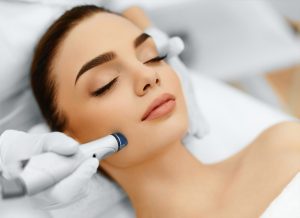

Reason for Skin Problems
Skin problems such as Acne, eczema, psoriasis, rosacea, skin cancer, hives, rashes, warts, and fungal infections can have various causes. Some common causes of these skin conditions include:
- Genetics: Some skin conditions, such as psoriasis and eczema, may be inherited genetically.
- Immune system dysfunction: Many skin conditions, such as psoriasis and eczema, are caused by an overactive immune system.
- Environmental factors: Exposure to environmental factors such as sun exposure, pollution, and extreme weather conditions can trigger or worsen some skin conditions.
- Hormonal changes: Hormonal changes during puberty, pregnancy, and menopause can cause acne and other skin issues.
- Stress: Stress can trigger or exacerbate skin conditions such as eczema and psoriasis.
- Allergies: Allergies to food, medication, or environmental factors can cause skin conditions such as hives and rashes.
- Infections: Fungal and viral infections can cause skin problems such as warts and fungal infections.
Reason for Hair Problems
Hair problems such as hair loss, dandruff, hair thinning, and scalp infections can have various causes. Some common causes of these hair problems include:
- Genetics: Hair loss and thinning can be hereditary and run in families.
- Hormonal changes: Changes in hormone levels, such as those that occur during pregnancy, menopause, or thyroid disorders, can cause hair loss or thinning.
- Nutritional deficiencies: A lack of certain nutrients such as iron, zinc, and biotin can lead to hair loss and thinning.
- Stress: High levels of stress can lead to hair loss and thinning.
- Medications: Certain medications, such as chemotherapy drugs and antidepressants, can cause hair loss.
- Scalp infections: Fungal or bacterial infections of the scalp can cause hair loss, dandruff, and other scalp problems.
- Hairstyling habits: Frequent use of hair styling tools and products can damage hair and cause hair loss and thinning.
- Medical conditions: Certain medical conditions, such as alopecia areata, can cause hair loss and thinning.
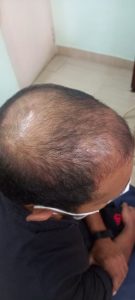
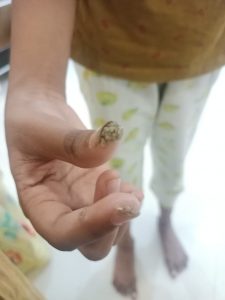
Reason for Nail Problems
Nail problems such as fungal nail infections, ingrown toenails, and brittle nails can have various causes. Some common causes of these nail problems include:
- Fungal Infections: Fungal nail infections are caused by fungi that thrive in warm, moist environments such as public showers, locker rooms, and swimming pools.
- Trauma: Trauma to the nail, such as hitting it with a hard object or wearing ill-fitting shoes, can cause the nail to become brittle, discolored, or even fall off.
- Ingrown Toenails: Ingrown toenails occur when the edge of the nail grows into the surrounding skin, causing pain, swelling, and even infection.
- Psoriasis: Psoriasis is a skin condition that can also affect the nails, causing them to become pitted, ridged, and discolored.
- Nutritional Deficiencies: A lack of certain nutrients, such as biotin, iron, and zinc, can cause brittle nails.
- Medical Conditions: Certain medical conditions such as thyroid disorders, diabetes, and peripheral artery disease can affect nail health.
- Medications: Some medications, such as chemotherapy drugs, can cause nail problems such as brittle nails and nail discoloration.
Major Skin Disease
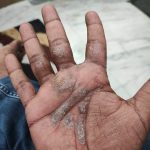
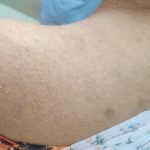
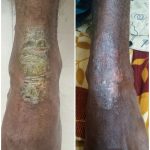
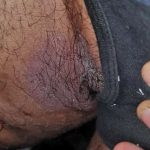
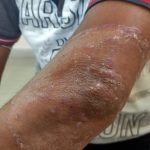
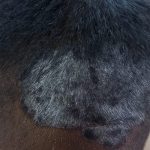
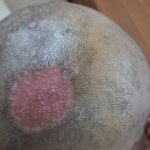
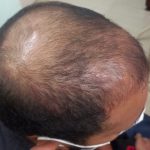
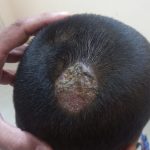
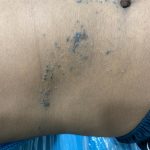
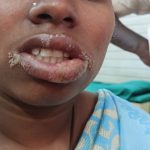
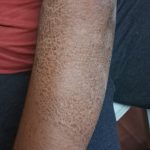
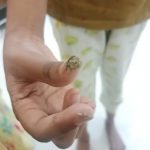
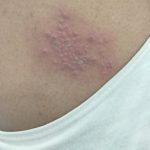
Frequently Asked Questions
Immediately after birth, as early as possible
It is easy to make the baby latch during the first hour of birth (golden period) as the baby will be active at that time and it is easy to latch the baby to the breast. After that the baby will go in for a deep sleep phase.
What is skin to skin contact and what are the advantages of it?
It is essential to provide skin to skin contact for baby and the mother immediate postpartum and it has lots of benefits
- Helps initiate breastfeeding
- Stimulate oxytocin release by the mother
- Helps in milk ejection
- Contracts uterus and reduce bleeding
- Facilitate mother baby bonding
- Regulates baby’s body temperature
- Baby feels loved and enjoy mothers’ warmth
There are various positions of breastfeeding among which the most common positions are
- Cradle hold position
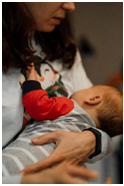
- Cross cradle hold position

- Laid back position
- Football hold position
- Side lying position
- Dangle feeding
- Dancer hold position

This is the common complaint which I receive from almost 40-50% of the mothers, in fact this could be the major reason for stopping breastfeeding. When we further investigate those mothers, about 80-90% of them have issue with latching and once the proper positioning and attachment is taught to them, then breastfeeding continues without any further difficulties. The problem is many mothers don’t seek proper help at the right time before deciding to quit breastfeeding.
- Baby should be turned towards the mother
- Baby’s chin should touch the mother’s breast
- Lower lip should be everted
- Upper part of the areola should be visible more than the lower part.
- If all these factors are done properly, then breastfeeding shouldn’t be painful for you.
Here again the major culprit would be latching issue. There are various reasons for nipple pain.
- Sore nipple due to improper latch
- Candid infection of nipple
- Atopic dermatitis
- Eczema of the nipple
- Tongue tie for the baby
- Mastitis / infection of breast
- Raynaud’s phenomenon
- Mammary constriction syndrome
- Milk blisters/blebs
- Blocked milk duct
Tongue tie is a small tissue which connects the tongue to the floor of the mouth, thereby restricting the movement and hence difficulty in latching, cracked nipples, sore nipples, more biting and the cycle continues. Check with your pediatrician/ lactation specialist and if tongue tie is identified a small surgical procedure is required to release it. After surgery you could see the baby wonderfully latching at the breast and the story begins.

Many mothers have an apparent feel that they have less milk supply, and they are not able to meet the needs of the baby. Milk supply is based on the demand supply cycle and various other factors. Adequate hydration, proper balanced diet, more of skin to skin contact with baby, positive thinking will have an impact on breast milk production. In simple words, the more you breastfeed, the more the baby sucks, the more milk you produce.
Feeling confident about your milk supply is one of the major factors in boosting your milk supply (I have seen drastic improvement in most of my patients).
And a baby crying continuously after feeding is not an indication to start formula feed.
Weight gain is not the only parameter to decide on the adequacy of breastfeeding. If the baby is feeding well at breast and passing urine 6-8times/day, active and achieving all the developmental milestones well and the weight gain is falling within the expected normal range ,you need not doubt your breastmilk supply. Slow and steady weight gain is acceptable if the baby is content and otherwise normal.
- Correcting the latching technique
- Warm compresses
- Starting with the less affected side first while feeding
- Applying breast milk over the affected area after feeding
- Comfortable fit inner wear usage (not too tight or loose)
- All-purpose nipple ointment after consulting your pediatrician/ lactation specialist
If you have breast engorgement in the initial days, it is probably due to fluid accumulation in the breast tissue rather than over supply of milk.so hand express some amount of milk just before latching so that you don’t get pain during feeding.
Cold compresses, breast compression after feeding,NSAIDs,latching as much as possible will help.
Reverse pressure softening after discussing with your lactation specialist will be of immense help.
Nipple shield has become a fancy tool to regulate and support breastfeeding and it is believed to be the one stop solution for all breastfeeding problems. But that is not true. There are many assumptions that if a baby is not sucking properly or if the mother has flat nipple, nipple shield is the only solution available.In fact, nipple shield will worsen the pain during breast feeding or more likely the mother will resort to pumping and giving her milk by bottle rather than latching directly.
There are various conditions where nipple shield is absolutely indicated and should be used under proper guidance of a lactation specialist. When the baby sucks on a nipple shield then more likely the milk supply will decrease eventually thus complicating the situation.

Not really. You can very well breastfeed by just sitting on a chair, with a pillow for back support, one firm pillow on the lap to hold the baby, a small foot rest, to keep your foot comfortably so that there is no pressure on the back.
Feeding pillow can be used in special situation like feeding twins, prenataltrauma, mother with sciatica or if you are comfortable using it. But definitely you can feed without a proper feeding pillow.
My baby often cries in the evening and night even after feeding her. Is this due to colic pain? What is the solution?
Most common complaint which I see in my day-to-day practice is a newborn baby 1 to 3months of age crying continuously at night. Yes the common reason is colic pain.
By definition, colic is defined as an incessant cry which starts at about three weeks of age, cries for about 3hours/day, at least 3 days/week last until baby is about 3months of age. Typically the cry occurs in the late evening.
Best methos to overcome the colic is holding the baby, carrying the baby, skin to skin contact, carry ,walk and talk. Mother’s voice is the best medicine. Talk or sing and rock and assure the baby that he is not alone. Infant massage can also help.

World health organization says exclusive breastfeeding till 6 months of age and continue breastfeeding along with complementary feeding till 2years of age and beyond. The decision to stop breastfeeding depend on the mother and baby. I have seen mother’s who had breastfed till 5 years of age. so there is no upper limit for breastfeeding. Natural weaning occurs eventually. Trust me you and your baby will cherish this breastfeeding journey forever.

Many a times, breastfeeding mother is so much indulged in taking care of the newborn baby that, she is less concerned about her sexual relationship. It is always hard for the new father to feel dejected, struggling to understand the physical and emotional changes of her partner and this topic is not opened up at all.
Scientifically reduced libido/sexual desire is common and normal for a breastfeeding mom and her interest will gradually increase over a period of time. Father should accept the new normal and provide emotional support to the mother. After all she is raising his own child. If the father understands that the love and care for the baby is more important for development of the baby, he will encourage rather than try to interrupt it. Discuss as a couple with your lactation specialist and get proper guidance and support rather than heating up the relationship.

Yes. You can very well pump your breast milk and feed your baby in your absence. You and caretaker should be properly educated about the pumping and storage of breast milk and proper thawing process. Get an in person consult from you pediatrician/lactation consultant and continue the giving your breast milk even in your absence, nothing is impossible.
